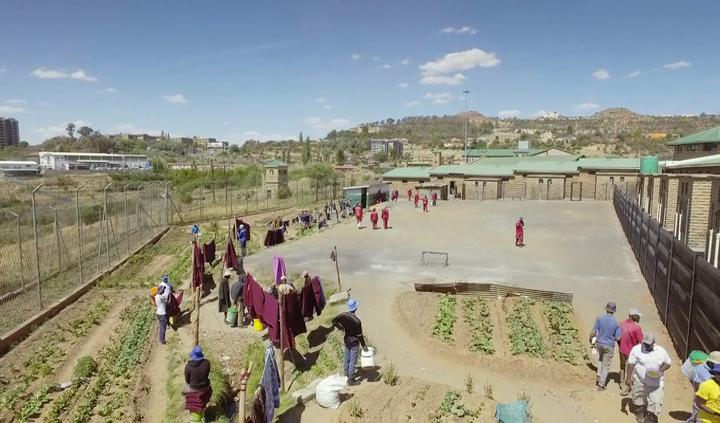Understanding Wills: Interview with Adv. Rethabile Mathealira-Molapo

SHARE THIS PAGE!
By TKay Nthebe
September is considered National Wills month where we encourage people to draft and register their Wills. When people think about their finances, estate planning is often left till it is very late. Advocate Rethabile Mathealira-Molapo shares why it is important to have a Will.
TKay: Tell us about yourself.
Rethabile: I am a lawyer by profession, mental health advocate and the lead for an organisation called Teach for Lesotho, which deals with bridging the inequalities in education.
TKay: What is a Will?
Rethabile: A Will is a written document done by someone called a Testator, that sets out how you want your estate to devolve upon your death. It must be done voluntarily, witnessed by two people and allows you to appoint an executor and guardian for your children.
TKay: What are the requirements in Lesotho?
Rethabile: The requirements for Wills in Lesotho are unique where you musthave abandoned the customary way of living and adopted the so-called European mode of living. This also means that if you are married, you must be married under civil law. It is important to have a revocation clause in the Will, where the testator declares he/she has adopted a European mode of living because the abandonment test has always been difficult to determine.
TKay: Types of Wills to consider?
Rethabile: You can consider a single Will done by one person, where their estate will immediately pass to their beneficiaries when he/she passes away. A joint Will is done by two or more people benefiting each other e.g., spouses where the joint estate does not dissolve upon death but continues to be operate as a single unit for the benefit of the survivor until he or she passes away.
TKay: How do Wills protect people, especially minors?
Rethabile: Let’s start with theChildren’s Protection and Welfare Act 2011 which gives children (under the age of 18-years, regardless of gender) the right to inherit their parents’ property when the parent dies. Those responsible for the parents’ property must report the estate to the office of the Master of the High Court. The office of the Master of the High Court will then administer the estate on behalf of the children, appoint guardians where parents hadn’t appointed them and approve whatever decisions are made on the property. Including your children in the Will is therefore important to ensure that they are protected.
TKay: What happens when I die without a Will?
Rethabile: Dying without a valid Will means that your estate will be administered in terms of the Intestate Succession Law or the Sesotho Customary Law. Under the Intestate Succession Law, the surviving spouse keeps their 50% share plus a child’s share then the rest of the estate is divided equally amongst the children. Under the Sesotho Law, the family nominates an heir (widow, eldest son, or eldest uncle in the family), usually to the prejudice of daughters. It is therefore important to have a Will, which makes things clear, where you can go to the office of the Master of High Court and have it read.


Youth accuse police of sabotaging protest
5 days ago
LCS officers demand standard salaries
5 days ago
Govt ordered to suspend vendors’ eviction
8 days ago

240 inmates released on parole
9 days ago
Matekane calls for stronger trade cooperation
11 days ago


Cash-strapped LEC hikes staff salaries
15 days ago